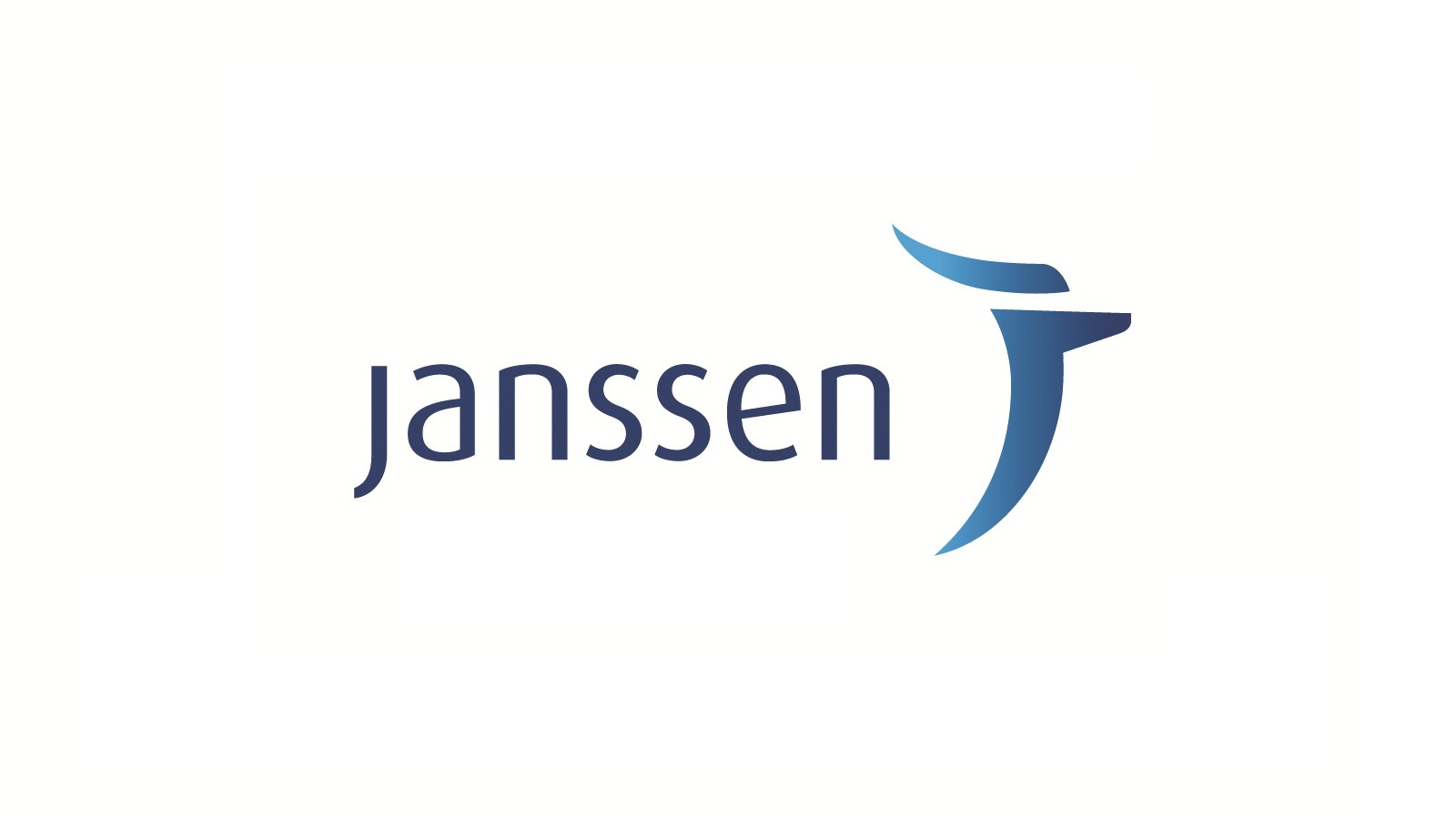NICE rejects Janssen's CLL drug

NICE has rejected Janssen's Imbruvica for chronic lymphoyctic leukaemia.
Now the Johnson & Johnson unit must make the case for Imbruvica to be paid for by England's Cancer Drugs Fund (CDF), in some chronic lymphocytic leukaemia (CLL) uses.
NICE has rejected Imbruvica (ibrutinib), jointly owned with AbbVie, in adults with relapsed or refractory CLL without a 17p deletion, or a TP53 deletion who are unsuitable for chemo-immunotherapy.
It has also rejected the £56,000 per year drug for CLL patients who do not carry either of these mutations. But NICE has asked Janssen to collect further evidence in patients from the 17p deletion group in first line use.
The European Commission only yesterday approved Imbruvica in first line use for all adults with CLL, expanding upon an October 2014 decision that limited first line use to certain patient groups.
The broadened indication is based on data from the phase 3 RESONATE-2 trial, which also served as the basis for the March 2016 US approval in first-line CLL/SLL and the May 2016 update to US prescribing information to include positive overall survival data.
In England, the CDF has a revised 'yes-no-maybe' system, where NICE has the option to recommend CDF reimbursement for a limited period of time while further cost-effectiveness evidence is gathered. It can then make a fast a decision on whether to recommend routine funding for drugs.
NICE is consulting on the decision until 22 June before publishing a final draft. It will then publish final guidance – and until then NHS bodies should make decisions locally on funding.
Janssen said in a statement: “Once again, the UK lags well behind other European countries that have already opted to fund or reimburse the medicine for a patient population which has very few treatment options."
"What is even more concerning is that, without changes to the way NICE appraises cancer medicines, such decisions are likely to become commonplace, under the new Cancer Drugs Fund or 'Managed Access Fund' process, resulting in patients receiving access to even fewer innovative cancer medicines in the future," said Mark Hicken, managing director of Janssen UK.
Ibrutinib is a first-in-class Bruton's tyrosine kinase (BTK) inhibitor, which works by forming a strong covalent bond with BTK to block the transmission of cell survival signals within the malignant B cells. By blocking this BTK protein, ibrutinib helps kill and reduce the number of cancer cells. It also slows down the worsening of the cancer.
Related stories:













